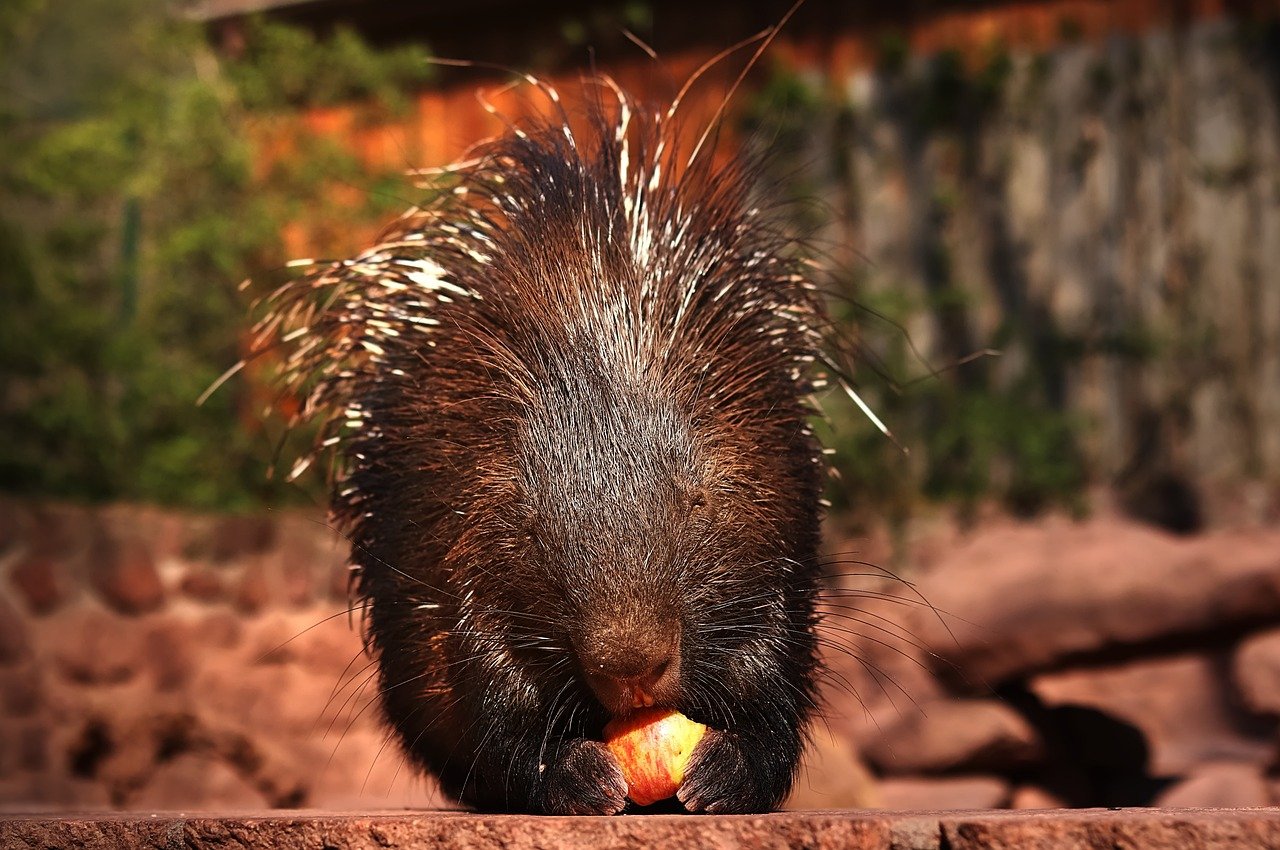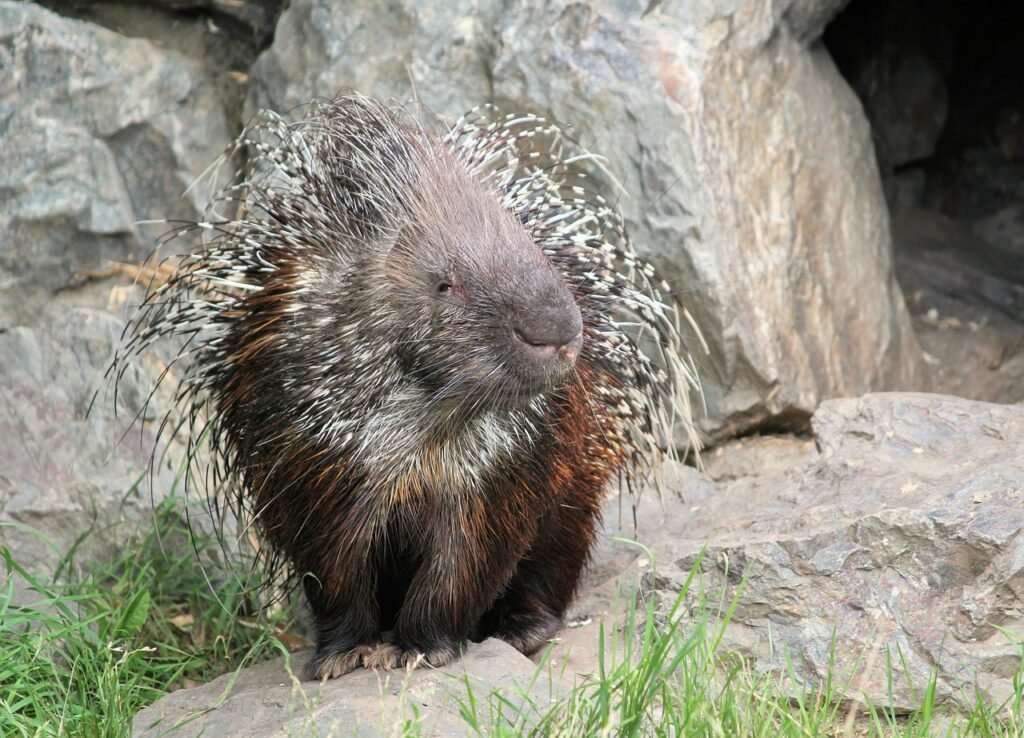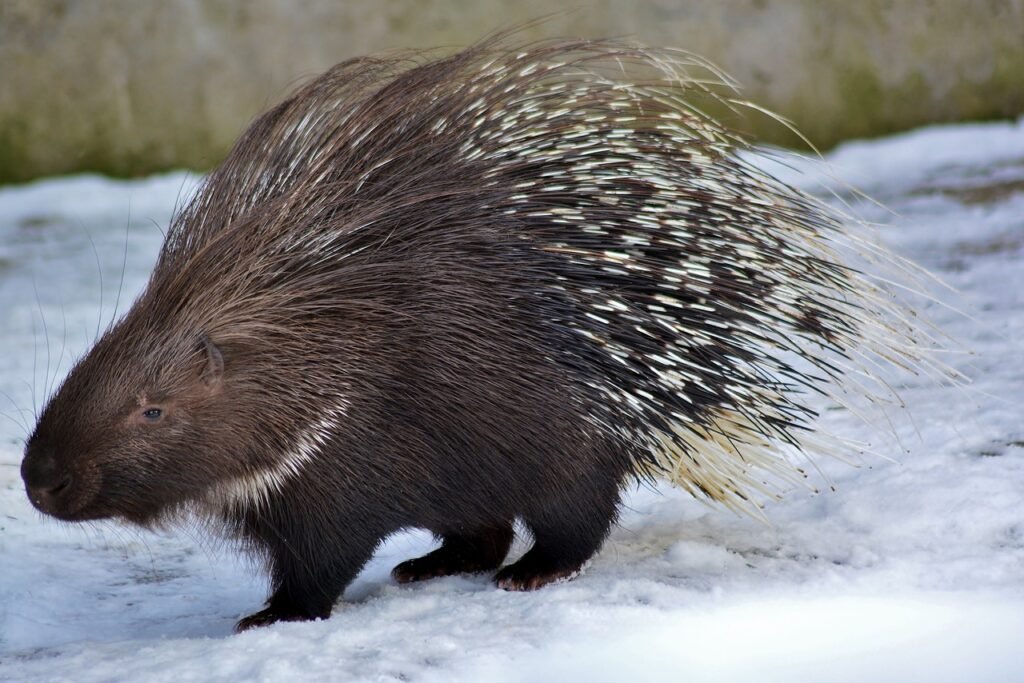Maintaining the dental health of your porcupine is crucial for ensuring overall well-being and preventing potential health issues. Porcupines, with their continuously growing incisors and cheek teeth, require special attention to their unique dental anatomy. In this guide, we’ll delve into the importance of dental care for porcupines, common dental problems they may face, and tips for keeping those quills healthy.
The Importance of Dental Care:
Porcupines, like many rodents, have teeth that grow continuously throughout their lives. This continuous growth is vital for wearing down their teeth and preventing issues such as overgrowth, malocclusion, and other dental problems. Proper dental care is essential for the following reasons:
1. Prevention of Overgrown Teeth:
- Continuous chewing and gnawing help naturally wear down the teeth, preventing overgrowth. Without adequate wear, teeth can become too long, leading to discomfort, difficulty eating, and potential health issues.
2. Avoidance of Malocclusion:
- Malocclusion, a misalignment of the teeth, can occur when the upper and lower teeth don’t meet correctly. Regular chewing on appropriate items helps maintain proper alignment and prevents malocclusion.
3. Prevention of Dental Spurs:
- Dental spurs, sharp points on the teeth, can develop if the teeth are not properly worn down. Spurs can cause injuries to the mouth, cheeks, and tongue, affecting your porcupine’s ability to eat comfortably.
Common Dental Problems:
Understanding the potential dental issues your porcupine may face is essential for proactive care. Common dental problems include:
1. Overgrown Incisors:
- Without sufficient wear, incisors can become overgrown, leading to difficulty eating and potential injuries to the mouth.
2. Malocclusion:
- Misaligned teeth can result in malocclusion, affecting your porcupine’s ability to chew and causing discomfort.
3. Dental Spurs:
- Sharp points on the teeth can develop, causing injuries and hindering proper chewing.
4. Tooth Root Abscesses:
- Infections in the tooth roots can lead to abscesses, causing pain and discomfort.
Tips for Dental Care:
Ensuring good dental health for your porcupine involves a combination of proper nutrition, providing appropriate chewing materials, and regular veterinary checkups. Here are some tips:
1. Provide Chew Toys:
- Offer a variety of safe and suitable chew toys to encourage natural wear of the teeth.
2. Monitor Eating Habits:
- Regularly observe your porcupine’s eating habits. Any changes in appetite or difficulties while eating may indicate dental issues.
3. Balanced Diet:
- Provide a balanced diet that promotes dental health. High-fiber foods and items that require chewing can contribute to natural tooth wear.
4. Regular Veterinary Checkups:
- Schedule routine checkups with an exotic animal veterinarian experienced in porcupine care. They can assess the dental health of your porcupine and address any emerging issues.
5. Address Dental Issues Promptly:
- If you notice any signs of dental problems, such as overgrown teeth, difficulty eating, or changes in behavior, seek veterinary assistance promptly.
Conclusion:
Proactive dental care is essential for keeping your porcupine healthy and happy. By providing the right environment, diet, and regular veterinary attention, you can ensure that those quills stay healthy, and your porcupine enjoys a comfortable and thriving life.



